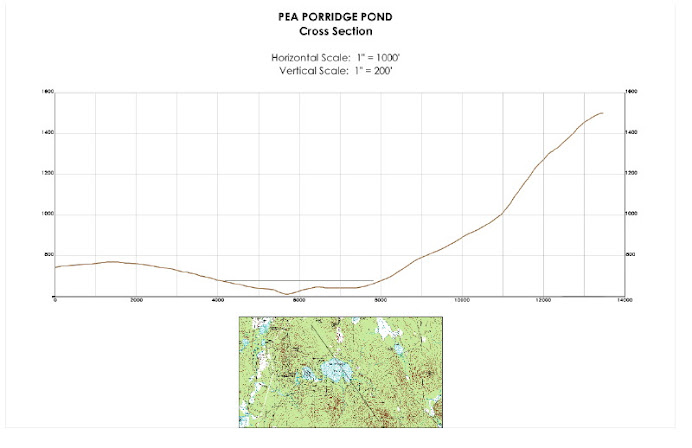LATEST NEWS
Now that the summer's activities and travels, along with two weddings(!), are out of the way, work is scheduled to restart on the project. The splitting, sampling, and logging of the remaining core samples is scheduled to be completed over the weekend of October 25-26, and thereafter, the remaining laboratory work (C-14, pollen analyses, Loss-On-Ignition, magnetic susceptibility, etc.) will be completed as soon as practical by the various labs services. Meantime, scheduling discussions will begin soon for the completion of the pond bottom-surface ground penetrating radar survey (GPR) that had to be postponed last winter because of slushy ice surface conditions on the pond.
So, as all this gets retarted, the blog will begin to become more active as this Autumn and Winter progress. For now, sorry for the long silence. We didn't quit the project - just had lots of professional and family obligations.



No comments:
Post a Comment